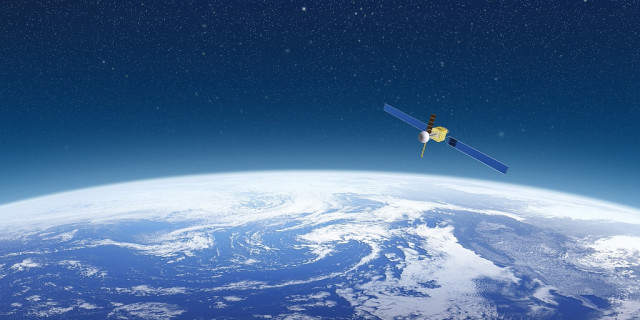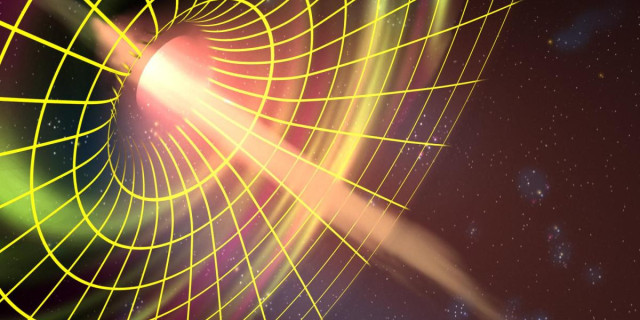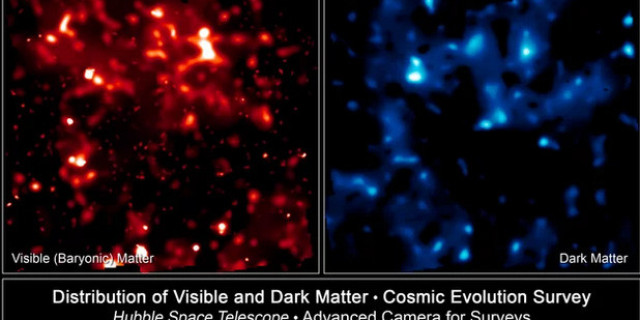- Home
- Sains
How Science Can Help Us Solve Global Challenges

What are some global challenges that science can address?
Some of the most pressing issues that humanity faces today are related to the environment, health, energy, food, and security. These challenges are complex and interrelated, and require innovative solutions that can benefit people and the planet. Science can play a key role in finding and implementing these solutions, by providing evidence-based knowledge, tools, and methods that can inform decision-making, policy-making, and action-taking.
How can science help us solve global challenges?
Science can help us solve global challenges in many ways, such as:
- Discovering new phenomena, laws, and principles that can expand our understanding of the world and open up new possibilities for exploration and innovation.
- Developing new technologies, products, and services that can improve our quality of life, enhance our productivity, and create new opportunities for growth and development.
- Improving our health and well-being, by preventing, diagnosing, treating, and curing diseases, as well as promoting healthy lifestyles and behaviors.
- Protecting our environment and natural resources, by reducing our environmental impact, mitigating and adapting to climate change, and conserving biodiversity and ecosystems.
- Ensuring our food security and nutrition, by increasing agricultural productivity, efficiency, and sustainability, as well as improving food quality, safety, and diversity.
- Enhancing our security and resilience, by preventing and responding to natural disasters, conflicts, and threats, as well as fostering peace and cooperation.
What are some examples of science-based solutions for global challenges?
Some examples of science-based solutions for global challenges are:
- Renewable energy sources, such as solar, wind, hydro, biomass, and geothermal power, that can reduce greenhouse gas emissions and dependence on fossil fuels.
- Vaccines, antibiotics, and antivirals that can prevent and treat infectious diseases such as COVID-19, malaria, tuberculosis, HIV/AIDS, etc.
- Biotechnology and genetic engineering that can create new varieties of crops and animals that are more resistant to pests, diseases, droughts, etc.
- Nanotechnology and materials science that can create new materials with novel properties and functions that can be used in various fields such as medicine, electronics, energy, etc.
- Artificial intelligence and big data that can analyze large amounts of data and provide insights and solutions for various problems such as health care, education, transportation, etc.
- Space exploration and astronomy that can expand our horizons and discover new worlds and phenomena in the universe.
Sources:
- Transforming our world: the 2030 Agenda for Sustainable Development | United Nations
- The role of science in solving the world's emerging water problems | Nature
- How science can help us solve the world's biggest problems | World Economic Forum
Related

China's satellite captures stunning photos of Earth from space
The Insta360 satellite, launched by China in November 2023, has sent back amazing images of our planet in 360 degrees.
Sains
China aims to commercialize 6G technology by 2030
China is leading the world in 6G research and development, with a satellite launched in 2020 to test terahertz communications.
Sains
The Evolution of Mobile Networks: From 3G to 5G
A brief overview of the history and development of 3G, 4G and 5G mobile networks
Sains
Kangaroo still on the loose in Oshawa, Ontario
A kangaroo that was seen hopping around the streets of Oshawa, Ontario, on Monday morning has not been captured yet.
Sains
Learn how Sains Rest Health can help you achieve optimal health and wellness
Learn how Sains Rest Health can help you achieve optimal health and wellness.
Sains
New Technology Breakthrough: C1C2, the Future of Computing
Scientists have developed a new technology called C1C2, which can perform complex calculations faster than ever before.
Sains
Sain Discovery: A New Way to Explore the Universe
Learn about the Sain Discovery, a breakthrough in astronomy that could revolutionize our understanding of the cosmos.
Sains

